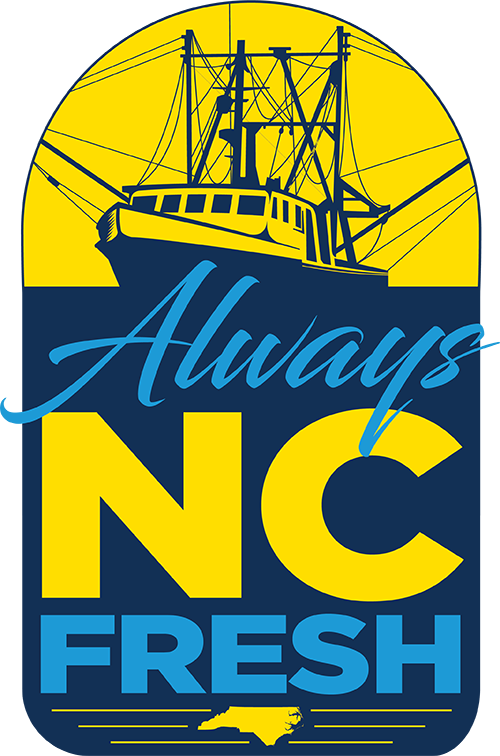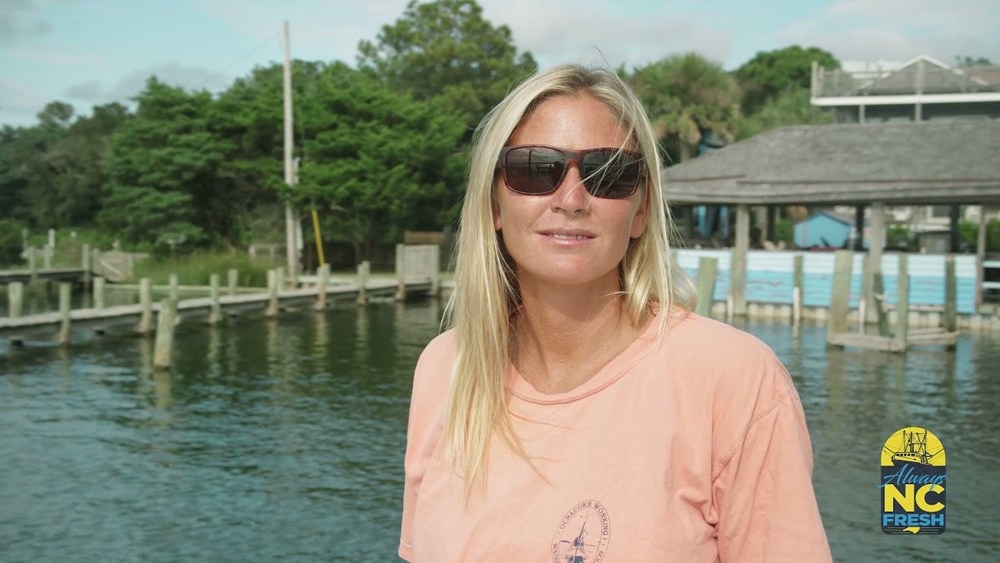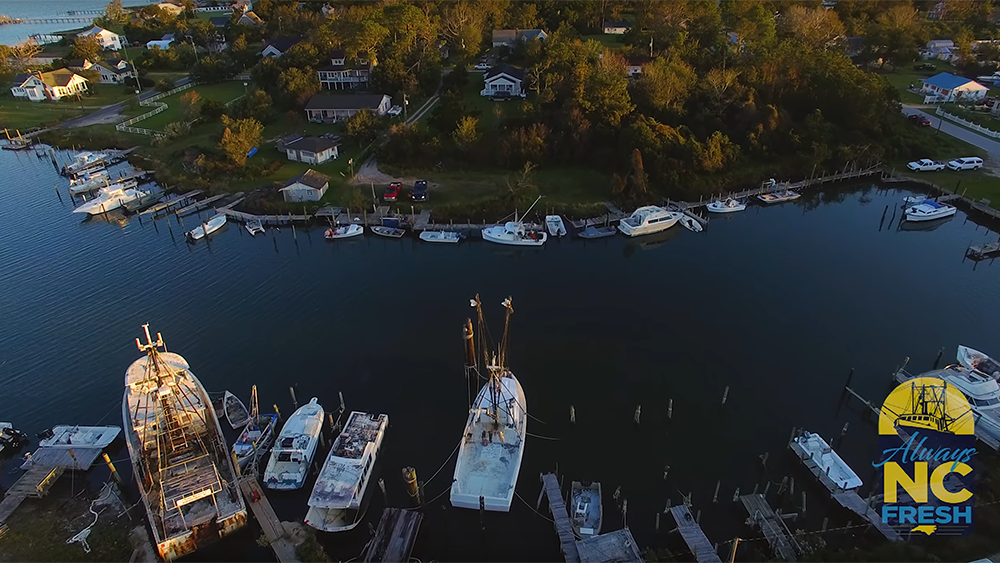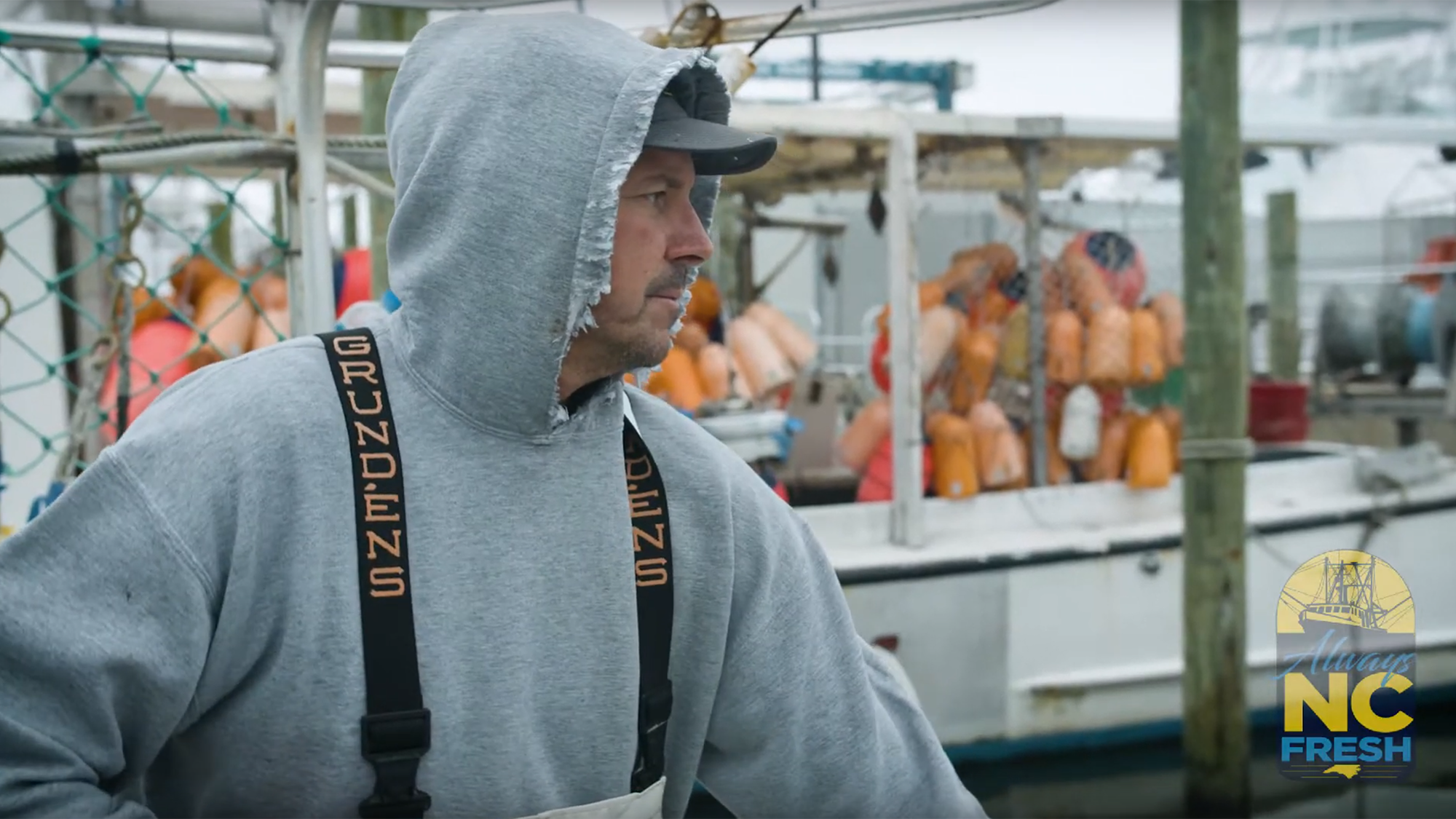North Carolina commercial fishermen take sustainability seriously, and they work daily to build and protect a thriving ecosystem. They rely on science – and their partnerships with regulatory agencies – to determine the best sustainability practices. In fact, some of the most progressive and stringent recommendations have come from commercial fishermen.
North Carolina commercial fishermen want to ensure there are productive fisheries for future generations and preserve the natural heritage of our coastal waters.
You can support our fisheries and fishermen by asking for local seafood in grocery stores and restaurants. You deserve to enjoy fresh, healthy seafood that is sustainably harvested.
Fisheries Management Plans
The Fisheries Reform Act of 1997 mandated the development of fishery management plans by the Division of Marine Fisheries. A fishery management plan is a document that guides the management of coastal fishery stocks with the goal of ensuring the long-term sustainability of those stocks. To ensure sustainability, commercial fishermen must abide by the state’s fishery management plans. Fisheries management plans include stock assessment, characterization of the fishery, habitat considerations, identified issues and concerns, and management strategies.
Stock Assessment
In the simplest of terms, a stock assessment is a thorough review of the fish population. As described by the Division of Marine Fisheries, DMF scientists gather fish population information and data from other scientists from universities and federal and state agencies, and recreational and commercial fishermen. Once all the data are gathered, the stock assessment scientists use complex mathematical models to determine the status of the fishery. The status of the population, or stock, is then used, along with all the other information gathered in the fisheries management plan, to develop management recommendations.
Bycatch
Have you ever been fishing for one type of fish and accidentally caught another? Well, the fish you accidentally caught is called the bycatch.
Most recreational and commercial fishing will include some bycatch. But minimizing bycatch is a state and national requirement, and we take it seriously in North Carolina.
Our commercial fishermen lead the world in the use of sustainable fishing practices and have drastically reduced bycatch in North Carolina waters. We also are recognized as a national leader for testing, developing and using bycatch reduction technology.




